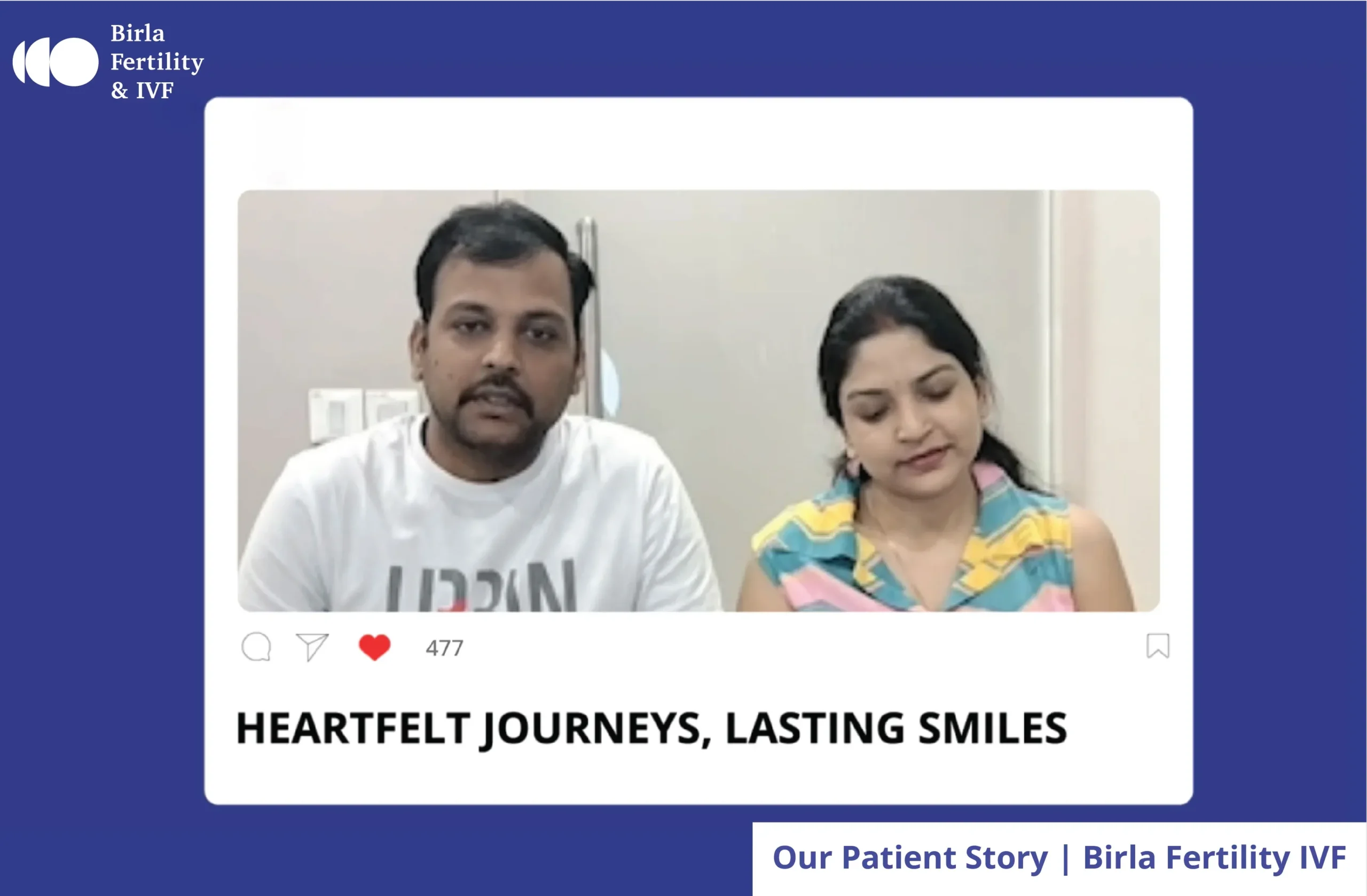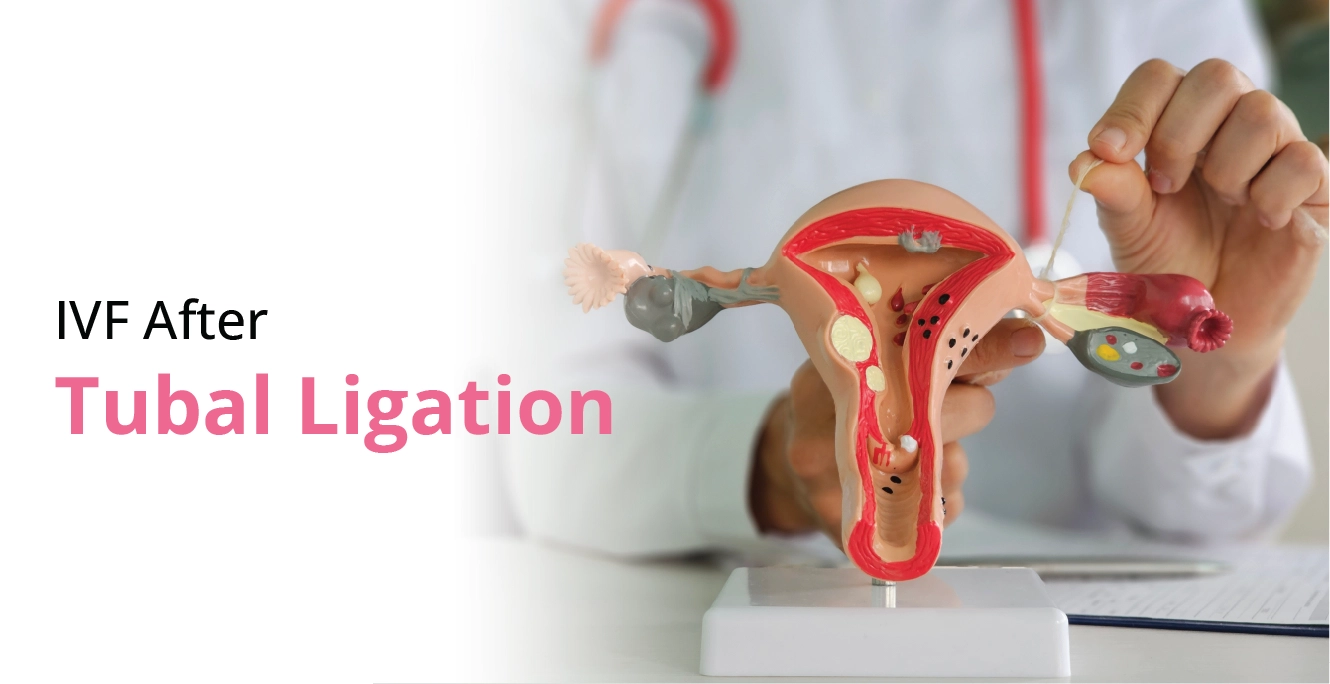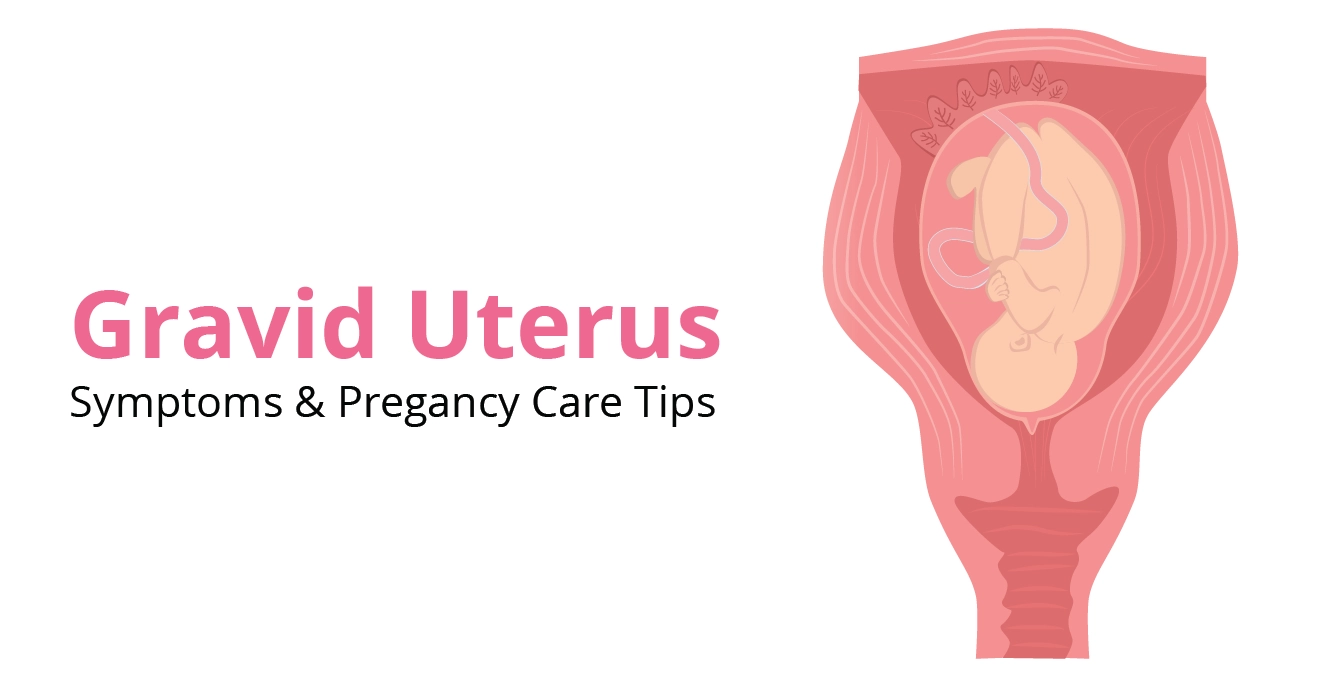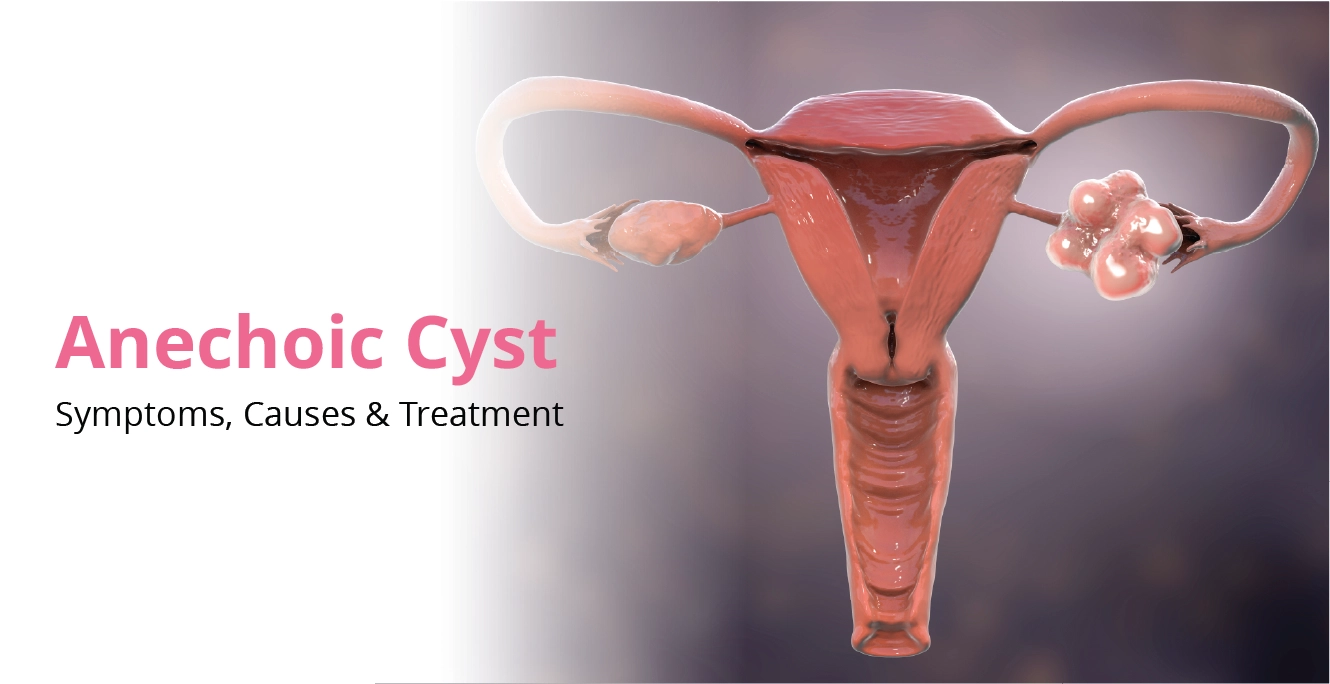Micro-TESE
Microsurgical testicular sperm extraction (microTESE) is a specialised surgery to retrieve sperm from the testes, which is crucial for men facing obstructive azoospermia. It delicately extracts tissue to find viable sperm, offering hope in fertility treatment.

What is Micro-TESE?
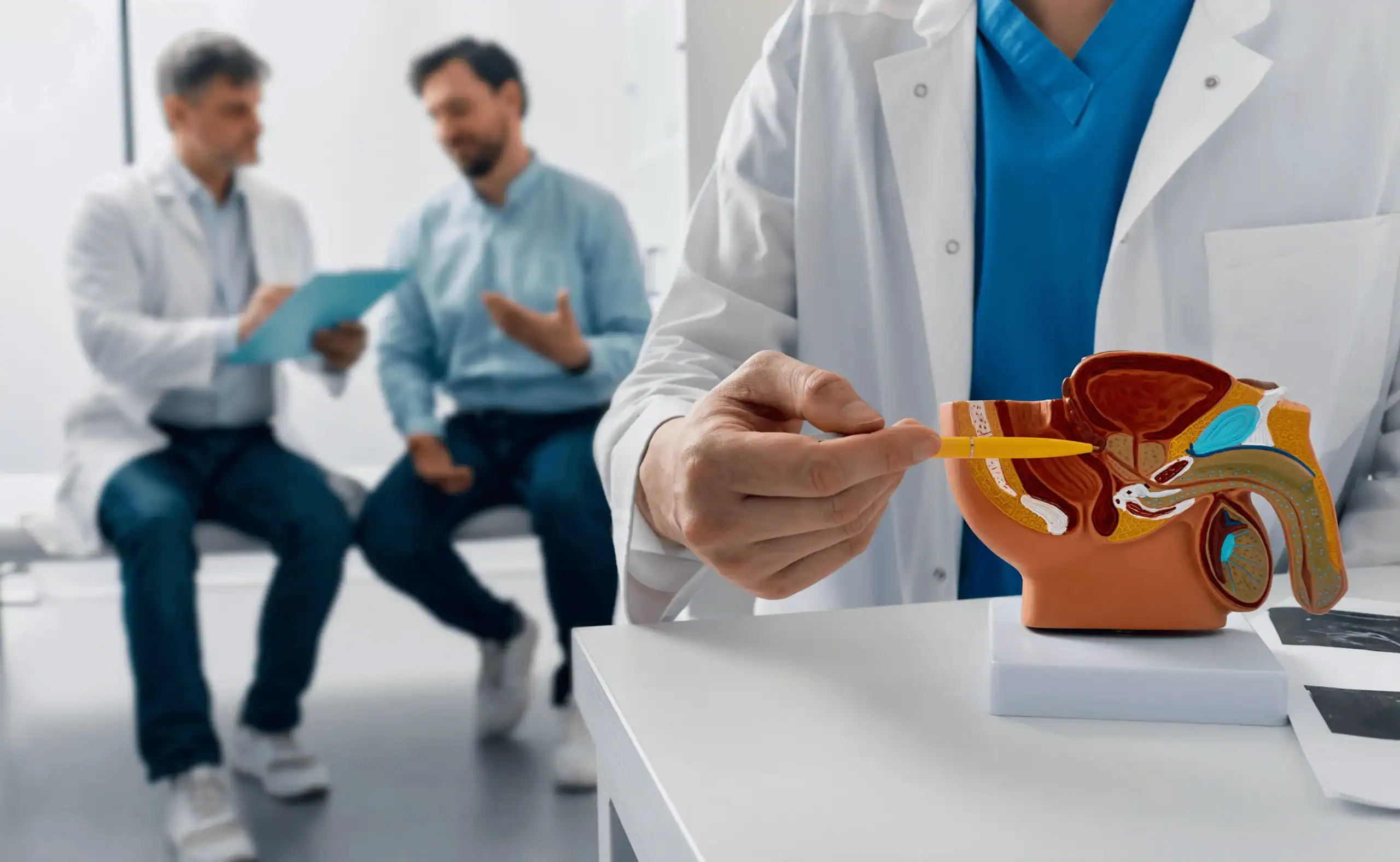
MicroTESE is a specialised surgical procedure used to extract sperm directly from the testes of men, especially those with non-obstructive azoospermia (NOA), where sperm production is very low or absent in semen.
The procedure is performed using a high-powered surgical microscope, allowing the surgeon to precisely locate and extract small amounts of sperm-producing tissue.
The main goal of microTESE is to obtain high-quality sperm in sufficient quantities to fertilise an egg through intracytoplasmic sperm injection (ICSI), a method used in assisted reproductive technology.
This technique optimises sperm retrieval for fertilisation and pregnancy in severe male infertility by maximising viable sperm retrieval while preserving testicular function and reducing complications.
Why Micro-TESE?
MicroTESE is recommended for patients with non-obstructive azoospermia because it is a more effective method for retrieving sperm compared to TESE, PESE, and PESA. Non-obstructive azoospermia is a condition where no sperm is found in the semen due to problems with sperm production.
Here’s why microTESE is preferred:
-
Higher Success Rate: microTESE has a higher success rate in finding viable sperm in men with non-obstructive azoospermia.
-
Precision: This procedure uses a microscope to identify areas of the testicles more likely to contain sperm, increasing the chances of success.
-
Minimally Invasive: Micro-TESE is less invasive than traditional methods, reducing tissue damage and preserving testicular function.
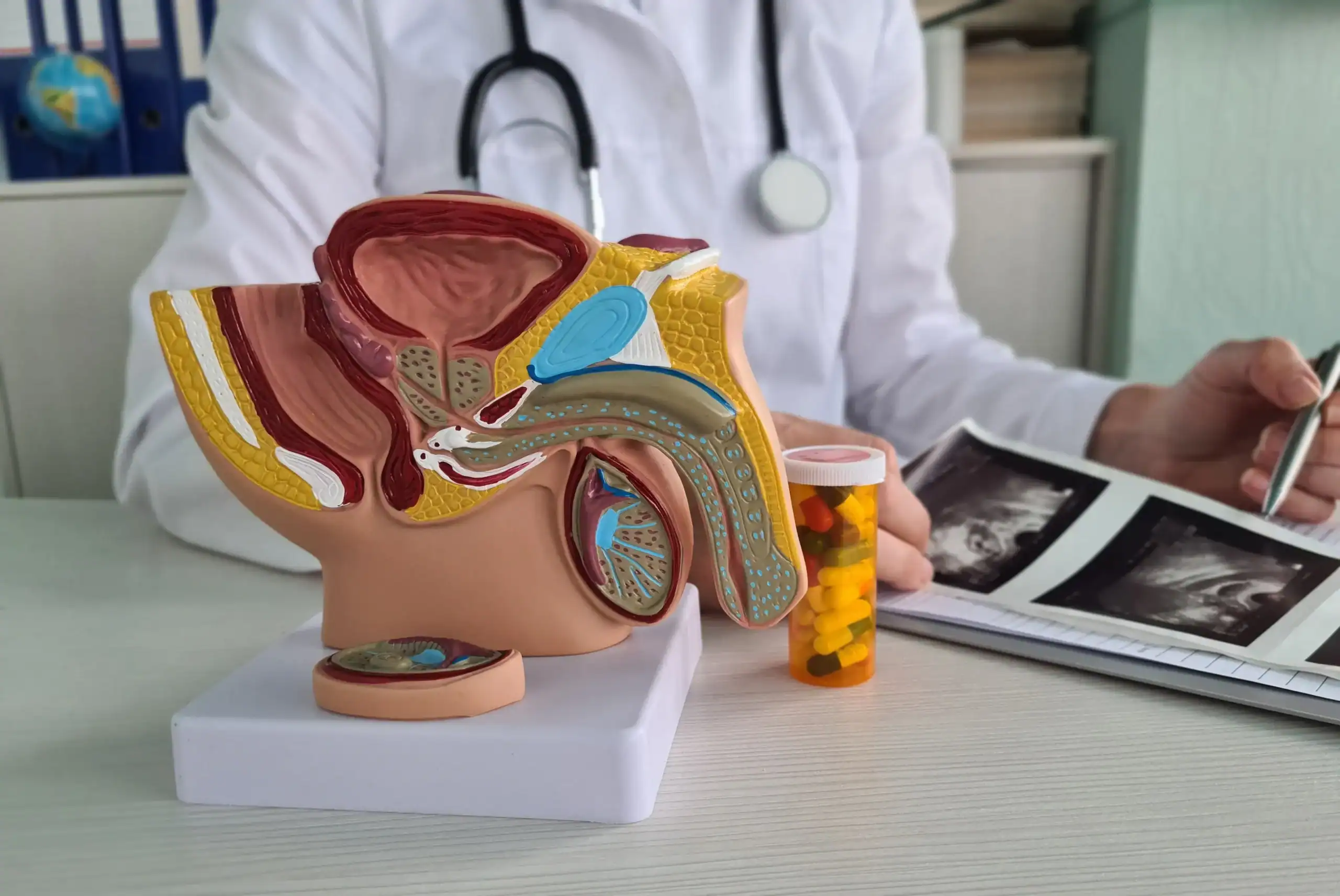
How is it done?
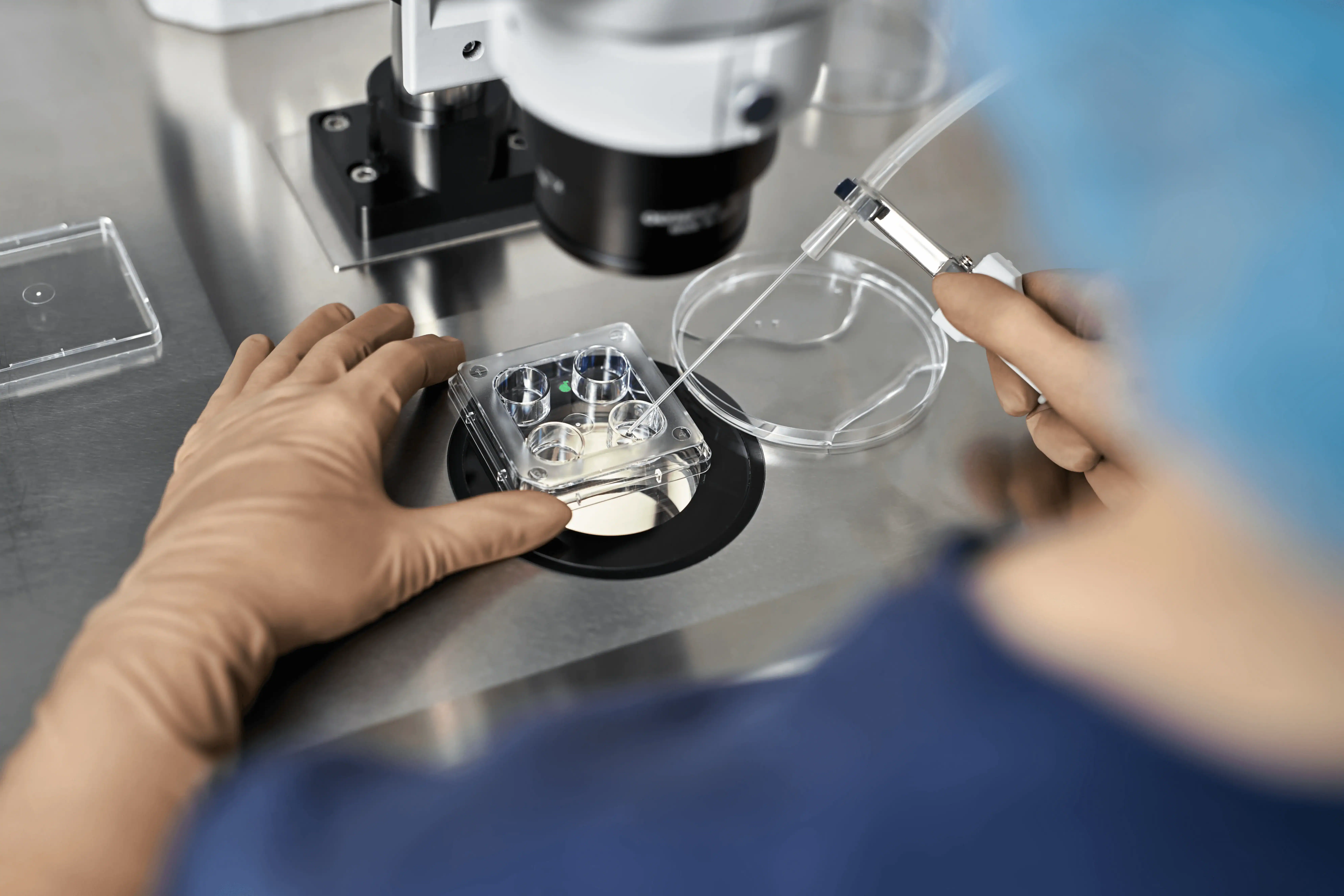
Micro-TESE is a surgical procedure to retrieve sperm for men with non-obstructive azoospermia. Here’s how it’s done:
Sedation: To avoid any pain, the patient is given general anaesthesia. This allows the surgeon to comfortably access the testicles without causing discomfort to the patient.
Incision: The surgeon makes a small cut in the middle of the scrotum, the pouch of skin holding the testicles. This cut is very small and precise, minimising damage and allowing effective access to the testicular tissue.
Laboratory Examination: Once the testicles are exposed, each one is examined under a powerful microscope. The surgeon looks for tiny tubes within the testicular tissue that might contain sperm. The microscope helps by magnifying the view, making it easier to find these tiny tubes.
Sperm Retrieval: If any sperm is found in these tubes, it is carefully extracted. The sperm is then taken to a lab, where it is processed and examined to check its quality and viability.
Usage of Sperm: The retrieved sperm can be used right away to fertilise an egg using techniques like ICSI. If not needed immediately, the sperm can be frozen and stored for future use, a process known as cryopreservation.
Why Choose Us
Choosing the right fertility clinic is crucial for starting your family. At Birla Fertility & IVF, we offer personalised care with expert specialists guiding you every step of the way. Our advanced labs and outstanding success rates have helped over 2,30,000 patients achieve their dream of parenthood.
Things to Remember for Micro-TESE
Before the Treatment
- Before undergoing microTESE, it's essential to prepare adequately:
- Health History: Your doctor will assess your medical history and medications for any impact on the procedure.
- Diagnostic Tests and Physical Examination: Tests ensure optimal health and identify potential procedural issues.
- Decision-Making: Your specialist will discuss TESE, outlining risks and benefits. Disclose allergies or health concerns for an informed decision.
- Pre-procedure Instructions: Follow fasting and medication guidelines for anaesthesia readiness.
During the Treatment
- During microTESE, a precise incision is made under general anaesthesia to access testicular tissue directly. High-powered microscopes are then used to locate and retrieve viable sperm from microscopic tubules. The extracted sperm is processed in a lab for immediate use or preservation.
After the Treatment
- After the procedure, you can expect the following steps during recovery:
- Closure and Monitoring: Incision suturing and monitoring for anaesthesia-related complications.
- Post-procedure Care: The doctor will inform about medications, activity restrictions, and follow-up appointments. Manage discomfort with prescribed pain relief and schedule recovery monitoring.
Frequently Asked Questions
Recent Blogs
Book an appointment
Hassle-Free Appointment Booking
Select Preferences
I know my doctor
Male Infertility Treatment in Different Cities
- Male Infertility Treatment in Jalandhar
- Male Infertility Treatment in Perinthalmanna
- Male Infertility Treatment in Thrissur
- Male Infertility Treatment in Palakkad
- Male Infertility Treatment in Kannur
- Male Infertility Treatment in Kozhikode
- Male Infertility Treatment in Ranchi
- Male Infertility Treatment in Patna
- Male Infertility Treatment in Varanasi
- Male Infertility Treatment in Gorakhpur
- Male Infertility Treatment in Meerut
- Male Infertility Treatment in Prayagraj
- Male Infertility Treatment in Kolar
- Male Infertility Treatment in Salem
- Male Infertility Treatment in Vijayapura
- Male Infertility Treatment in Nagpur
- Male Infertility Treatment in Raipur
- Male Infertility Treatment in Rewari
- Male Infertility Treatment in Jaipur
- Male Infertility Treatment in Guwahati
- Male Infertility Treatment in Siliguri
- Male Infertility Treatment in Howrah
- Male Infertility Treatment in Indore
- Male Infertility Treatment in Bhopal
- Male Infertility Treatment in Bhubaneswar
- Male Infertility Treatment in Cuttack
- Male Infertility Treatment in Surat
- Male Infertility Treatment in Ahmedabad
- Male Infertility Treatment in Mangalore
- Male Infertility Treatment in Chandigarh
- Male Infertility Treatment in Hyderabad
- Male Infertility Treatment in Lucknow
- Male Infertility Treatment in Bangalore
- Male Infertility Treatment in Chennai
- Male Infertility Treatment in Mumbai
- Male Infertility Treatment in Kolkata
- Male Infertility Treatment in Noida
- Male Infertility Treatment in Gurgaon
- Male Infertility Treatment in Delhi
Male Infertility Doctors in Different Cities
- Male Infertility Specialists in Jalandhar
- Male Infertility Specialists in India
- Male Infertility Specialists in Perinthalmanna
- Male Infertility Specialists in Thrissur
- Male Infertility Specialists in Palakkad
- Male Infertility Specialists in Kannur
- Male Infertility Specialists in Kozhikode
- Male Infertility Specialists in Ranchi
- Male Infertility Specialists in Patna
- Male Infertility Specialists in Varanasi
- Male Infertility Specialists in Gorakhpur
- Male Infertility Specialists in Meerut
- Male Infertility Specialists in Allahabad
- Male Infertility Specialists in Kolar
- Male Infertility Specialists in Salem
- Male Infertility Specialists in Vijayapura
- Male Infertility Specialists in Nagpur
- Male Infertility Specialists in Raipur
- Male Infertility Specialists in Rewari
- Male Infertility Specialists in Jaipur
- Male Infertility Specialists in Guwahati
- Male Infertility Specialists in Siliguri
- Male Infertility Specialists in Howrah
- Male Infertility Specialists in Indore
- Male Infertility Specialists in Bhopal
- Male Infertility Specialists in Bhubaneswar
- Male Infertility Specialists in Cuttack
- Male Infertility Specialists in Surat
- Male Infertility Specialists in Ahmedabad
- Male Infertility Specialists in Mangalore
- Male Infertility Specialists in Chandigarh
- Male Infertility Specialists in Hyderabad
- Male Infertility Specialists in Lucknow
- Male Infertility Specialists in Bangalore
- Male Infertility Specialists in Chennai
- Male Infertility Specialists in Mumbai
- Male Infertility Specialists in Kolkata
- Male Infertility Specialists in Noida
- Male Infertility Specialists in Gurgaon
- Male Infertility Specialists in Delhi

 Our Centers
Our Centers


















